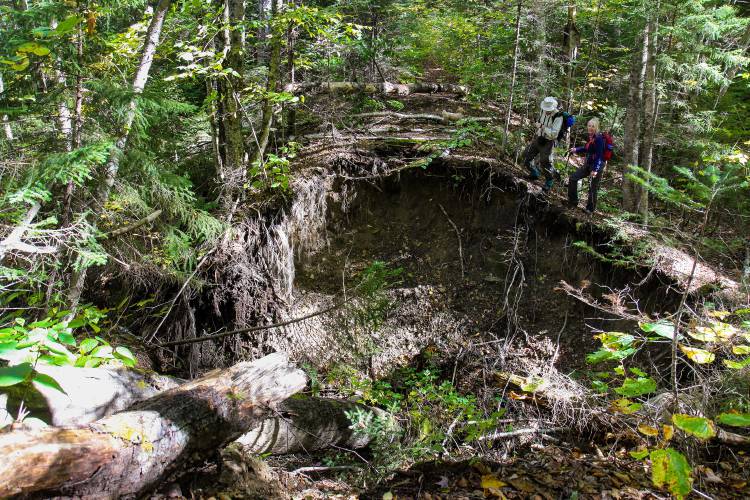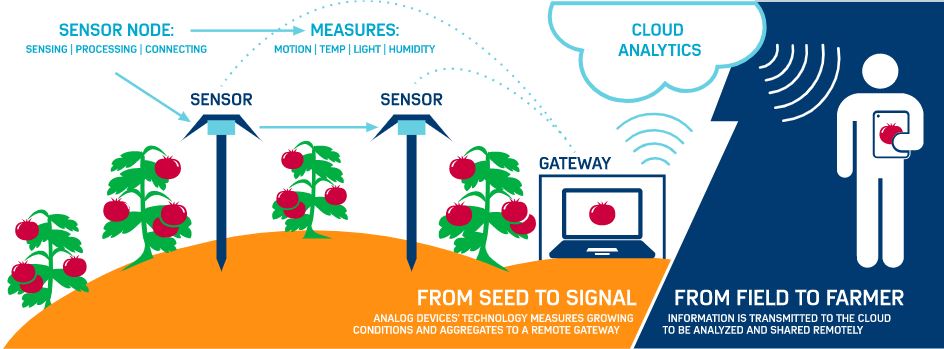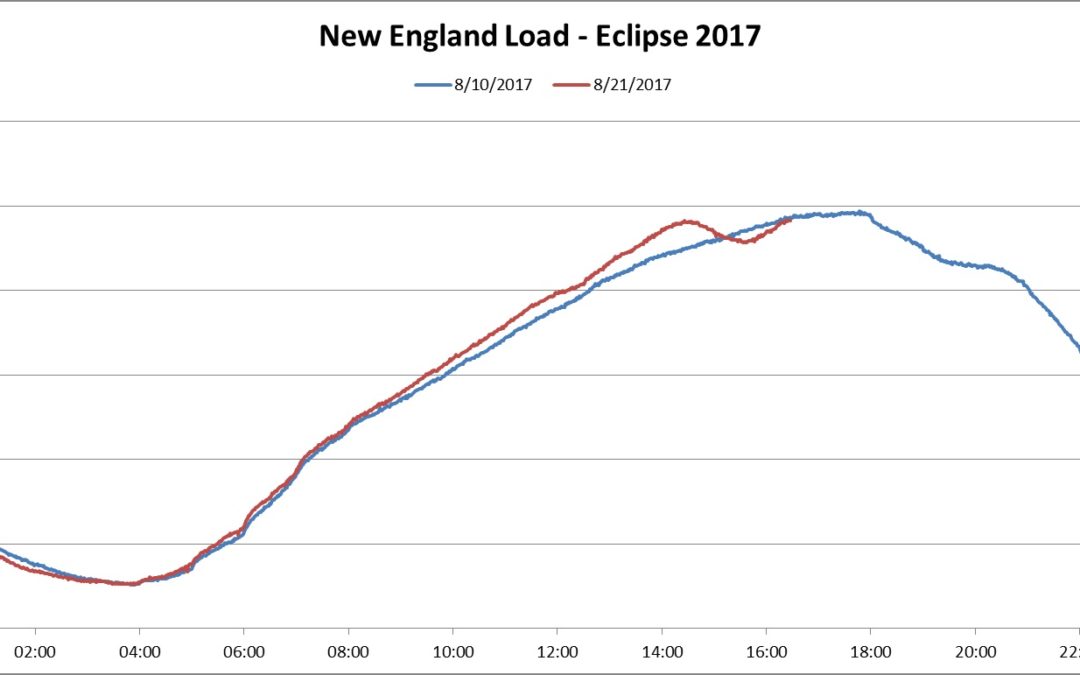Sci/tech tidbits in and around New Hampshire
Bad year for piping plovers on N.H. beaches
From New Hampshire Fish and Game: It was a difficult summer for the state-endangered and federally threatened piping plovers on Hampton and Seabrook beaches this year. This summer, three pairs nested on Hampton Beach with two chicks fledged (25+ days old), while on...
No N.H. entrants in annual design-a-better-wood-stove competition
There's a Massachusetts firm among the 14 wannabe finalists for the 2018 Wood Stove Design Challenge, but nobody from New Hampshire made the list. The competition is a sort of mini X-Prize-ish attempt to push innovation in an area that doesn't get a lot of geeky...
Today is the anniversary of the first motorized Mt. Washington ascent – in a steam-powered car
From Crispin Battles, Marketing Director for the Mt. Washington Auto Road: Completed in 1861, the road to the summit the Northeast's highest mountain was originally referred to as the Mt. Washington Carriage Road. Motorized vehicles were still several decades away...
The most exotic automotive technology these days is a stick shift
My wife and I have two manual-transmission cars (although one of them is about to die due to body rust, just short of 250,000 miles). Increasingly, this means nobody can borrow them because fewer people learn, or remember, how to drive a manual transmission: "Drive a...

Harvey dumped 5 times as much as rain as the all-time record for Concord
Over a period of three to four days, Hurricane Harvey has dumped more than 45 inches of rain over large swaths of Texas. That’s a staggering number, and it led one reader to call the newsroom with a question: What would happen if that much rain fell on Concord?...

Internet of Tomatoes – now *that* is an IoT
You’ve heard, of course, about the Internet of Things plenty of times in this column. Maybe it’s time for a different IoT: the Internet of Tomatoes. “About 88 percent of farms around the U.S. are small and medium size, and of those, nearly 100 percent have no...

New Hampshire’s science cafes are starting up again
September is almost here, which means New Hampshire is about to resume its title as The Science Cafe Capitol of the Western Hemisphere after a summer hiatus. Science Cafe New Hampshire is well into its sixth year in Nashua and Concord, while the...
A hefty $300,000 is available for startups in the tripled-in-size TechOut event
The New Hampshire High Tech Council has opened the application period for its annual TechOut event, a startup competition aimed at enhancing the New Hampshire tech ecosystem by awarding investment capital to young startups. Now in its sixth year, the 2017 TechOut...

The eclipse was a blip, but a noticeable one, for New England solar power
ISO New England, the folks who run the six-stage power grid, says the solar eclipse removed about 700 MW of solar power, or roughly a third of total PV output, at its height. That's not musch out of total production by all power plants of almost 20,000 MW. This is...
AAA says total cost of owning an electric car is same as owning a mid-sized sedan
The American Automobile Association, which calls itself just AAA these days, has released its annual "total cost of ownership" study for various types of vehicles, tallying up not just the purchase price but also maintenance and repair, depreciation and fuel....

 Return to the Concord Monitor
Return to the Concord Monitor